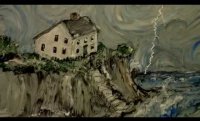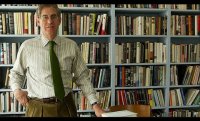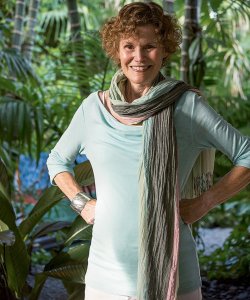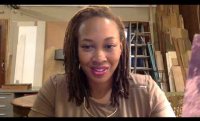This morning, the Man Booker Foundation announced that beginning in 2016, the Man Booker International Prize and the Independent Foreign Fiction Prize will merge to form one annual award for an individual work of fiction translated into English. The reconfigured Man Booker International Prize will divide an award of £50,000 equally between author and translator. Each of the six shortlisted authors and translators will also receive £1,000.
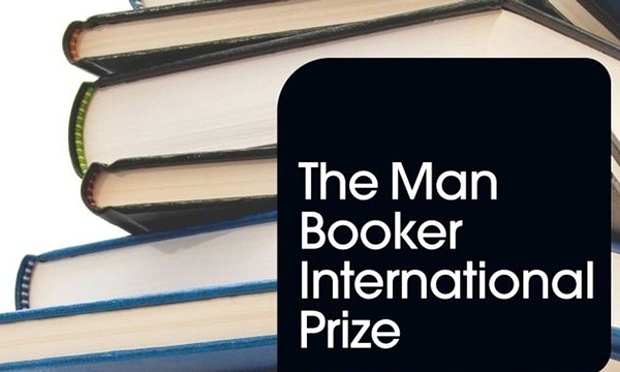 Established in 2005, the Man Booker International Prize has until now awarded one prize of £60,000 biennially to “a living author for a body of work representing an achievement in fiction on the world stage.” Hungarian writer László Krasznahorkai won the prize in 2015. The annual Independent Foreign Fiction Prize (IFFP), meanwhile, honored a single work of fiction translated into English. A prize of £10,000 was split equally between author and translator. The 2015 winner was Jenny Erpenbeck’s The End of Days (Portobello Books), translated from the German by Susan Bernofsky.
Established in 2005, the Man Booker International Prize has until now awarded one prize of £60,000 biennially to “a living author for a body of work representing an achievement in fiction on the world stage.” Hungarian writer László Krasznahorkai won the prize in 2015. The annual Independent Foreign Fiction Prize (IFFP), meanwhile, honored a single work of fiction translated into English. A prize of £10,000 was split equally between author and translator. The 2015 winner was Jenny Erpenbeck’s The End of Days (Portobello Books), translated from the German by Susan Bernofsky.
Jonathan Taylor, chair of the Booker Prize Foundation, said in a press conference that the Man Booker International Prize loses momentum by being awarded every two years instead of annually, and hopes the “reconfiguration of the prize will encourage a greater interest and investment in translation."
Independent senior writer Boyd Tonkin will serve as the 2016 Man Booker International Prize chair. The longlist for the new Man Booker International Prize will be announced in March 2016, followed by the shortlist announcement in April; the winner will be announced in May. Books translated into English and published between January 1, 2015, and April 30, 2016, are eligible for the award.





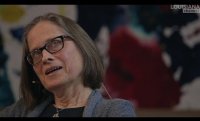
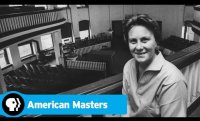
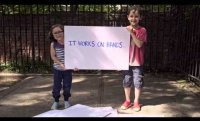
 Established in 2005, the Man Booker International Prize has until now awarded one prize of £60,000 biennially to “a living author for a body of work representing an achievement in fiction on the world stage.” Hungarian writer László Krasznahorkai won the prize in 2015. The annual
Established in 2005, the Man Booker International Prize has until now awarded one prize of £60,000 biennially to “a living author for a body of work representing an achievement in fiction on the world stage.” Hungarian writer László Krasznahorkai won the prize in 2015. The annual 